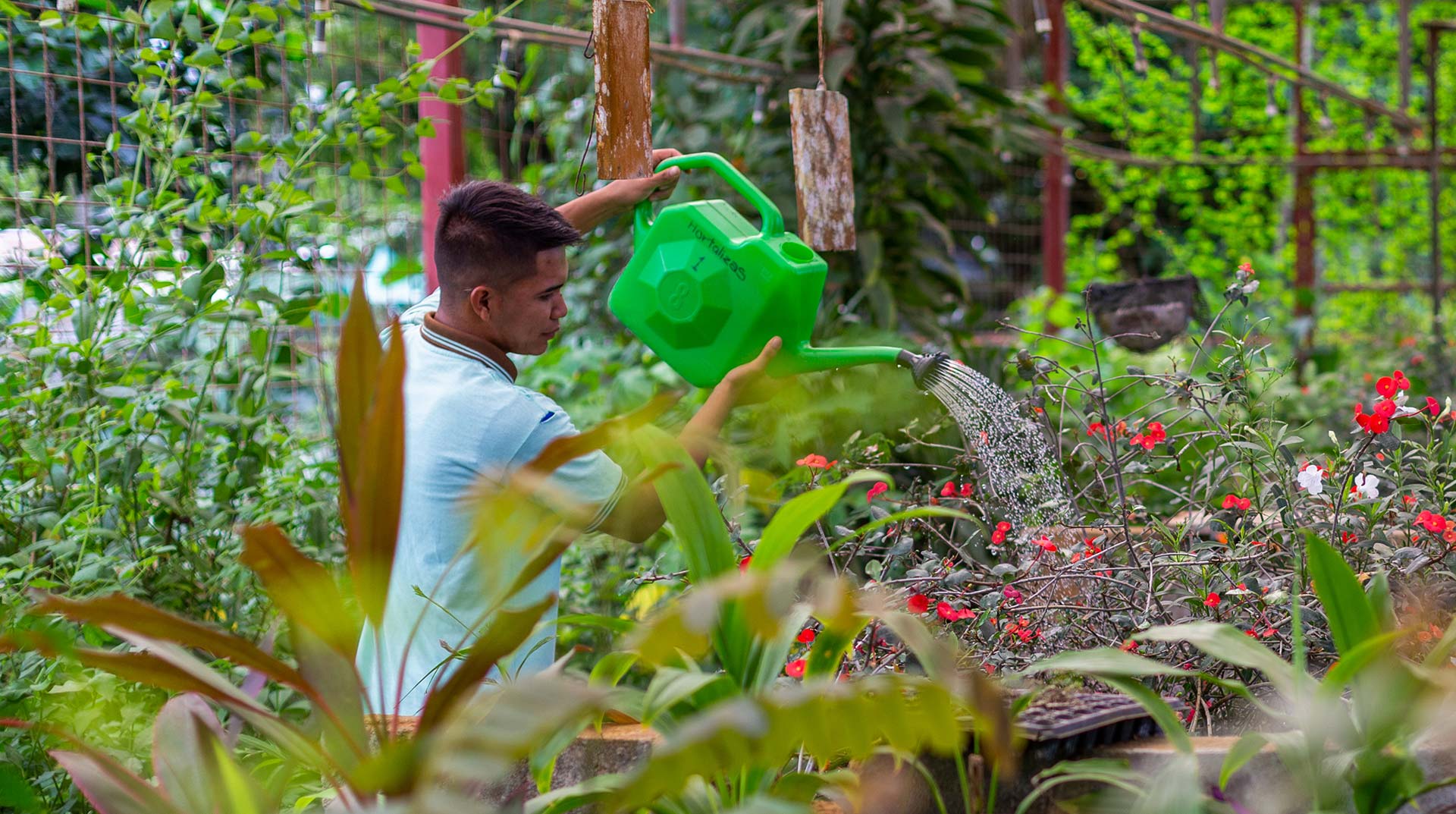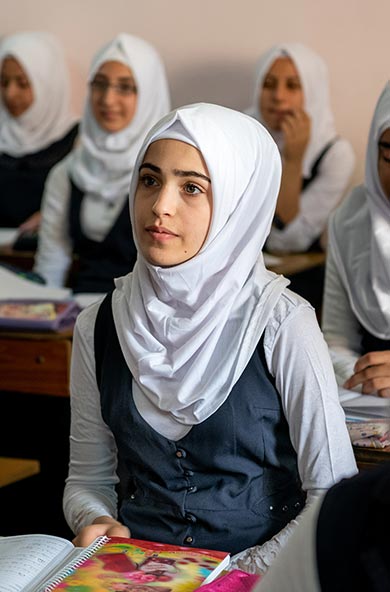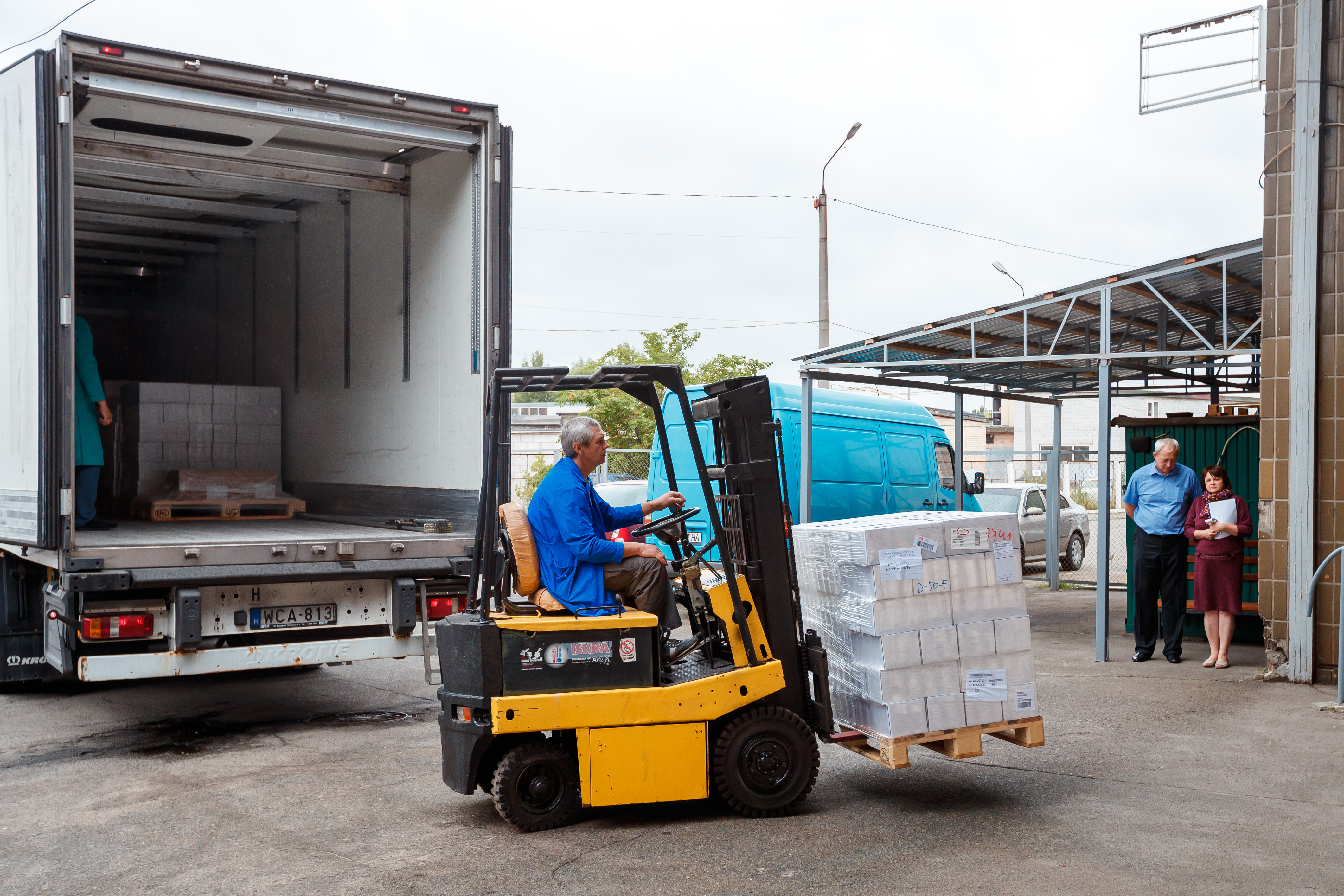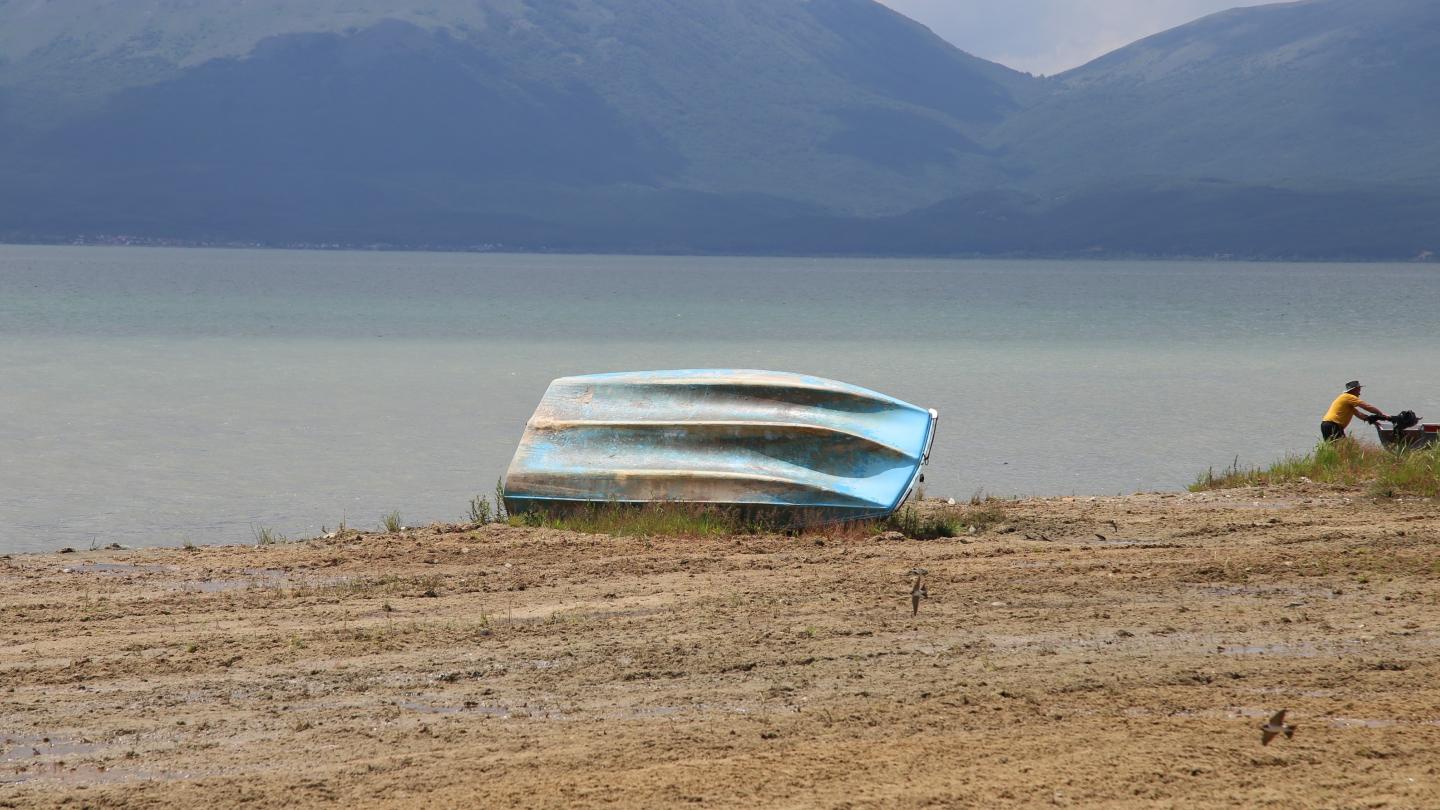
He still vividly remembers how things used to be, when he was a kid. How he jumped into the waters of Lake Prespa some 50 years ago together with his friends, at the spot which is now filled with overgrown tall grass and bushes.
Samedin Ajrulai, now 66-year-old, points at the small shed, some 400 meters away from the current shoreline of the scenic freshwater lake in North Macedonia, indicating how much the water has receded.
Lake Prespa is among the oldest freshwater lakes in Europe which has persisted at least 1 million years, located on the triple border of North Macedonia, Albania and Greece.
On the World Environment Day, we take a closer look at the challenges the people living in its vicinity face, but also how with a wide-ranging set of measures, worth 13 720 000 €, the European Union and UNDP will strengthen the protection of its biodiversity, while advancing the efforts for sustainable agriculture and tourism.
In addition, the programme „EU for Prespa“ includes major infrastructure interventions for wastewater and solid waste management as well as the construction of border crossing „Markova Noga“, connecting North Macedonia to Greece promising greater economic opportunities, an expansion of the region’s touristic potential and closer ties between communities around the lake.
This is a continuation of UNDP longstanding support for the region, considering the investments over the past 15 years in the integrated management of the Prespa lake, both on national and trans-boundary level.
The receding of the water of Lake Prespa is both in area and volume. In 2022, the National Aeronautics and Space Administration (NASA), announced that Lake Prespa has lost 7 percent of its surface area and half of its volume since 1982. As to the question of what causes the withdrawal of the water in Lake Prespa, Samedin pauses for a while and then shares his observation.
„We don’t have much rainfall lately, and almost no snowfall at all. It used to be so much different when I was a kid. The mountain tops surrounding us were covered in snow, even months after winter ended “, he says.
The difference in the level of precipitation and the rise of average temperatures in the country are clear signs of the consequences of climate change.
The receding of the water causes many problems. Tourism suffers major damage, but the biggest threat is to the Lake’s ecosystem.
Samedin, who is chairman of the association „Prespa Fish“, was also fisherman himself for 15 years and he speaks about the changes he notices in the lake fauna over the years.
„When I was actively fishing myself, there was abundance of the Prespa bleak, one of our most famous fish, but later their numbers were dramatically reduced.“
The endemic species of fish from Lake Prespa, are under threat of water pollution, overfishing, and water extraction. However, the biggest challenge comes from invasive species of fish such as Pumpkinseed and Stone Moroko.
„Where these fish are spawning, you can’t find other types of fish, especially the most sought after Prespa bleak “, warns Samedin.
Alien species often become invasive, outcompeting native species for resources, altering habitats, and disrupting the balance of the ecosystem.
The EU funded programme „EU for Prespa “will focus on remedying the situation. In cooperation with the Hydrobiological Institute from Ohrid, a water quality monitoring programme for the Prespa Lake Ecosystem will be developed and implemented, while set of actions and measures related to control/eradication of alien fish species in the Prespa Lake will be carried out. The network for collection and treatment of sewage in the rural areas will also be expanded and the waste management in the watershed will be improved.
This will reduce the pollution of Lake Prespa, which is also a result of human behaviour.
Another key area of support, of the EU funded and UNDP implemented project, is for the development of sustainable tourism.
Ana Labor, 39-year-old owner of the „Spirit of Prespa“brand, comes from a family which has produced apples for more than 60 years. In 2018 she decided to diversify her business model, since the income from the apple production wasn’t sufficient for the survival of the farm.
So, for her, the choice was clear – she had to expand her business model with an attractive and unique rural agrotourism offer.
„We started with cherry picking. The events we organize are held under the motto – pick your own. The guests arrive here, they can gather different types of fruits and enjoy some homemade juice, like the delicious Rose juice or sweets from seasonal fruits, like the strudel made from apples we grow here or something else“– says Ana.
Most of the visits at her family farm are during the period of apple gathering, September and October. Last year during these two months they had over 450 guests. They expanded their offer for the tourists with the traditional Prespa lunch, with delicacies of homemade cuisine, made by rural women from the region. Grilled local fish, different types of pies are just some of the products which the tourists can enjoy.
The guests can also buy some of the homemade products made from fruits at Ana’s farm – jam from pumpkin, blueberries, plums or apple with aronia.
Ana is keen to underline that she doesn’t want a mainstream tourism in the region of Prespa with large hotels, resorts and accompanying infrastructure, but encourages the people in the region to come up with their own unique offer of „slow tourism “, where tourists are able to explore local history and culture, while supporting the environment.
„We all have our own story and just need to focus on finding most creative and efficient ways of telling it to our guests. I believe this is the future of Prespa. I’m glad that the project „EU for Prespa “is looking to stimulate local tourism enthusiasts and entrepreneurs in expanding the accommodation capacities in the region. Some small, unique places, which preserve the authenticity of the local culture and architecture. I think this is the key to attracting tourists. Quality before quantity “– adds Ana.
A story of facing the challenges head on and building resilience from the ground up – this is the brief history of UNDP’s long-standing support for sustainable agriculture in the Prespa region.
Frosina Georgievska, 57-year-old fruit farmer from Resen says that the integrated agricultural production was already established in the region, with the help of UNDP in 2013, with the formation of the agrochemical laboratory for the analysis of the soil. One of the benefits? The farmers receive information about the types of fertilizer they should use and its amount.
„So we are using the integrated agriculture system. What does this mean? This means that we respect the rules of good agricultural practice. We have controlled protection and controlled fertilizing, as well as controlled irrigation. With the analysis of the moisture in the soil, we know when to start and when to stop with the irrigation. “ - say Georgievska.
Frosina adds that the agrochemical laboratory also uses 8 agrometeorological stations, which detect the presence of pests and identify the threat of diseases at the apple orchards. Based on the results of the measurements, the scientists recommend what should the farmers use to best protect the fruits. This has helped them reduce the use of pesticides and fungicides.
„Among the 30 parameters measured by the laboratory, one of the most important for us is the software for detecting of the diseases of the apple orchards, mostly the fungal disease fusicladium which reduces the quality of the apples, after which they can’t be sold for consumption. The ideal conditions for the disease are the hot and rainy weather and we have both of these conditions “– adds Georgievska.
The model of sustainable and integrated agriculture will be additionally strengthened with the „EU for Prespa “project, with the inclusion of even more farmers into the established practices, who will also take part in the capacity building training.
Between 50 – 80 farmers who will complete the training programme, will benefit from the project, by provision of appropriate equipment per their needs and other types of assistance. The threshold will be up to 10.000 euros per farmer.
The investments of the European Union and the United Nations Development Programme for protection of the ecosystem in the region of Prespa will be implemented with two complementary projects – „EU for Infrastructure Improvements in the Prespa Area“and „EU for Prespa - Restoration of natural resources and enhancing sustainable agriculture and tourism“.

 Locations
Locations




















































